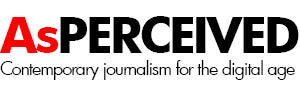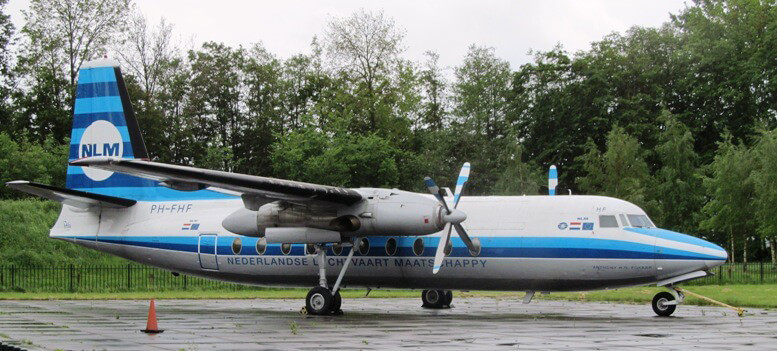GO online to book a flight – and, if you’re using an airline website, you’d think that most of what you were paying to travel would go to them, right?
Wrong.
I first noticed just how little goes to the firm operating the aircraft in 2013. A year later, having booked another return flight – between the UK and Amsterdam – I clicked on the optional part of the KLM website that provides a breakdown of the cost.
The overall price was a few pence short of £130 – of which just £44.00 went to KLM. Out of that, I will not only get from Leeds to Amsterdam and back, but I will be offered drinks, either coffee or tea, beer or even wine, and a biscuit as well as being cared for by a trained crew, one the flightdeck and in the cabin.
UK ‘air passenger duty’ – the euphemism for the tax I had to pay to leave the country – was £13.00. I was obliged pay an ‘airport passenger service charge’ of £17.89 to be exposed to the ‘retail experience’ that Leeds Bradford Airport has become since it was privatised.
Then, I had to add another £9.90 as a ‘security charge’ plus £1.60 as the ‘noise isolation’ charge imposed by the Netherlands. Finally, the ‘carrier’ (KLM) has added an ‘international surcharge’ of £26.00.
Admittedly, the price that I saw on the website was for the overall total, so I knew from the outset how much my travel would cost. That said, I cannot help but feel that, because I want to travel, I am being exploited.
Airports charge the airlines landing fees, yet as a passenger, I have to pay a further service charge – mainly for facilities I either do not want to use or, if I do, I have to pay for yet again.
For the basic traveller, the airport provides somewhere to wait and a way of getting from the terminal building on to a plane, either providing a jetway or a bus to boarding steps. For others, cafés and bars are available; yet the prices they charge reflect their costs, including the rents those companies pay for such premises. The airlines pay the handling agents who run the check-in desks, scrutinise boarding passes as passengers get on and load and unload baggage. What do I get for £9 each way from the airport, especially as probably the most important, if most irritating part of ‘the experience’ is getting through security – for which I pay about £4.45, assuming that this is split between Schiphol and Leeds airports.
Additionally, at Leeds, if I want a friend to drop me off or to use a taxi, I have to pay a further £3 for access to their parking area.
I did pay more for using a credit card – but I get frequent flyer points for doing that. This is perhaps the aspect I resent least, because I can see what I am getting. Admittedly, I may be paying more per flying mile this way than if I simply bought a ticket, but the scheme offers – and satiates me – with other perks, such as being counted as a business expense.
When problems occur, passengers usually blame the carrier; if responsibility is allocated in direct proportion to the amount they get from the fares we pay – even if they are the agents who collect, and then redistribute, our cash – has become somewhat unfair.
I was gratified to discover this transparency – and to learn who levies charges and for what.
I just wonder whether the Netherlands noise charge would be reduced if all the passengers were to remain silent during landings and take-offs. Somehow I doubt it.
Matt Charlton
Written: January 10, 2015

